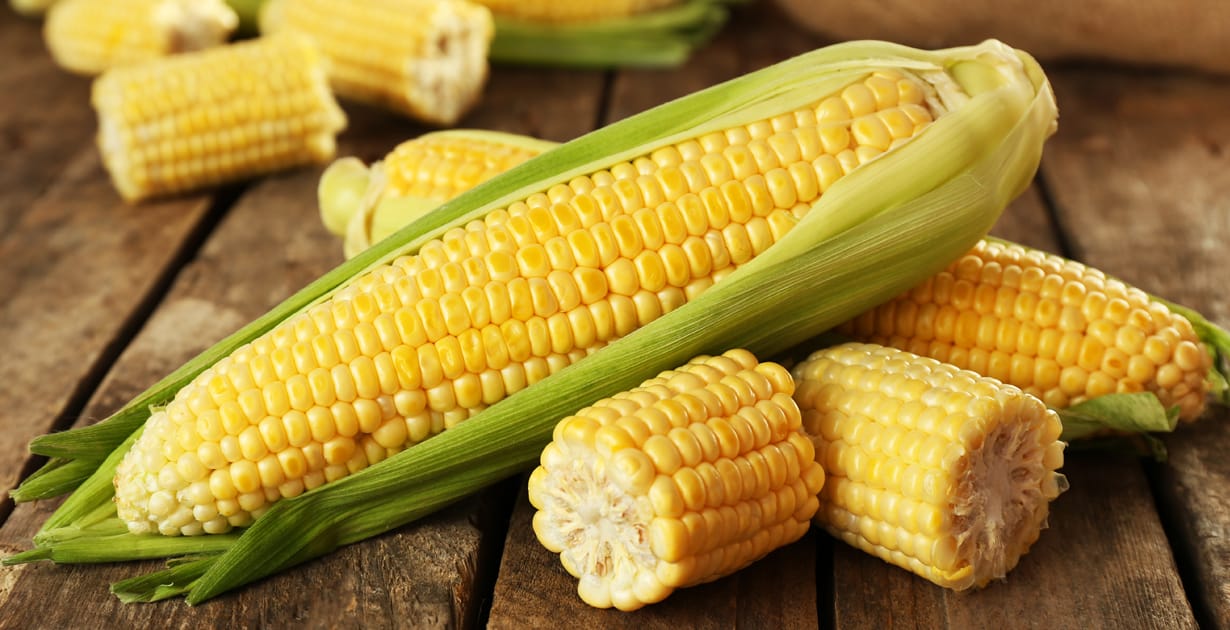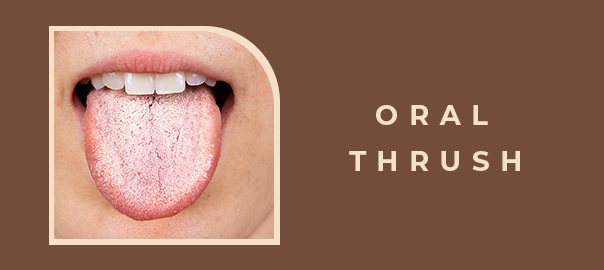In recent years, love corn has become a popular snack option among health-conscious individuals. This unique and flavorful snack has garnered attention not only for its taste but also for its nutritional profile. But the question remains: is love corn healthy? In this article, we will delve into the various aspects of love corn, examining its ingredients, nutritional value, potential health benefits, and any drawbacks. We aim to provide a comprehensive understanding of whether love corn can fit into a healthy diet.
What Is Love Corn?
Love corn is a brand of roasted corn snacks that are often seasoned with various flavors, such as sea salt, barbecue, chili lime, and more. These snacks are made from whole corn kernels that are roasted to achieve a crunchy texture. Love corn is marketed as a healthier alternative to traditional snack options like chips and pretzels, making it an attractive choice for those seeking nutritious snack alternatives.
Nutritional Profile of Love Corn
To determine whether love corn is a healthy snack, it is essential to look at its nutritional profile. A typical serving size of love corn (about 28 grams) provides the following nutrients:
1. Calories
Love corn is relatively low in calories compared to many traditional snacks. A serving typically contains around 130 calories, making it a satisfying option for those looking to manage their weight.
2. Protein
One of the standout features of love corn is its protein content. A serving of love corn can provide approximately 4-5 grams of protein. Protein is crucial for building and repairing tissues, and it plays a vital role in various bodily functions.
3. Fiber
Love corn is also a good source of dietary fiber, which can aid in digestion and promote a feeling of fullness. A serving may contain about 2 grams of fiber, contributing to your daily fiber intake.
4. Carbohydrates
While love corn contains carbohydrates, it is important to note that these come from whole corn, which is a source of complex carbohydrates. These carbohydrates provide sustained energy, making love corn a suitable snack for active individuals.
5. Fats
Love corn is generally low in fat, with around 5-6 grams per serving. The fats present are primarily unsaturated fats, which are considered heart-healthy.
6. Vitamins and Minerals
Love corn can provide various vitamins and minerals, including:
- Vitamin A: Important for vision and immune function.
- Vitamin C: A powerful antioxidant that supports the immune system.
- Iron: Essential for transporting oxygen in the blood.
- Magnesium: Supports muscle and nerve function.
Health Benefits of Love Corn
1. A Healthy Snack Alternative
One of the most significant benefits of love corn is its appeal as a healthier snack alternative. Compared to traditional snacks like chips, love corn offers a more balanced nutritional profile, providing protein and fiber without excessive calories or unhealthy fats.
2. High in Antioxidants
Corn is rich in antioxidants, such as lutein and zeaxanthin, which are known to support eye health. These antioxidants help reduce the risk of age-related macular degeneration and cataracts, making love corn a potentially beneficial snack for maintaining good vision.
3. Supports Digestive Health
The dietary fiber found in love corn can aid in digestion and promote regular bowel movements. A high-fiber diet is associated with a lower risk of digestive issues, including constipation and diverticular disease.
4. Provides Sustained Energy
With its combination of complex carbohydrates and protein, love corn can provide sustained energy, making it an ideal snack before or after workouts. It can help replenish energy stores and support muscle recovery.
5. Gluten-Free Option
For individuals with gluten sensitivity or celiac disease, love corn offers a gluten-free snacking option. It is made from whole corn kernels and does not contain any gluten-containing ingredients.
Is Love Corn Healthy for Everyone?
While love corn has several health benefits, it is essential to consider individual dietary needs and preferences. Here are a few points to keep in mind:
1. Portion Control
Like any snack, moderation is key. Although love corn is relatively low in calories, consuming large quantities can lead to excessive calorie intake. It is important to practice portion control to avoid overeating.
2. Seasoning and Additives
Some varieties of love corn may contain added sugars, sodium, or preservatives in their seasoning blends. It is crucial to check the ingredient list and nutritional information to make informed choices, especially for those with dietary restrictions or specific health concerns.
3. Allergies and Sensitivities
Individuals with allergies to corn or certain seasonings should avoid love corn. Always read labels carefully to ensure that the product is safe for your dietary needs.
4. Balanced Diet
While love corn can be a healthy snack option, it should not replace other essential food groups in a balanced diet. Incorporating a variety of fruits, vegetables, whole grains, lean proteins, and healthy fats is essential for overall health.
Comparing Love Corn to Other Snacks
To further assess the healthiness of love corn, let’s compare it to some common snack alternatives:
1. Love Corn vs. Potato Chips
- Calories: Love corn is generally lower in calories than traditional potato chips.
- Nutritional Value: Love corn offers more protein and fiber compared to most potato chips, which are often high in unhealthy fats and low in nutrients.
- Health Benefits: Love corn provides antioxidants and is gluten-free, making it a more nutritious choice.
2. Love Corn vs. Trail Mix
- Calories: Trail mix can be high in calories, depending on the nuts and dried fruits included. Love corn is lower in calories per serving.
- Nutritional Value: While trail mix is a good source of healthy fats and protein, love corn offers a lower-fat alternative with more fiber.
- Portability: Love corn is often more convenient for on-the-go snacking, as it is lightweight and less messy.
3. Love Corn vs. Popcorn
- Calories: Air-popped popcorn is lower in calories than love corn, but love corn offers more protein.
- Flavor Varieties: Love corn has a wider variety of flavors compared to plain popcorn.
- Nutritional Profile: Both snacks can be healthy; however, love corn may have added seasonings that increase sodium content.
How to Incorporate Love Corn into Your Diet
If you are curious about adding love corn to your diet, here are some ideas:
1. As a Snack
Enjoy love corn as a standalone snack during movie nights or while traveling. Its crunchy texture makes it a satisfying option for cravings.
2. Salad Topping
Add love corn to salads for an extra crunch and flavor. It can enhance the nutritional value of your salad while providing a satisfying texture.
3. Trail Mix Ingredient
Combine love corn with nuts, seeds, and dried fruit to create a nutritious trail mix. This combination offers a balance of protein, healthy fats, and carbohydrates.
4. Soup Garnish
Use love corn as a garnish for soups or chili. It can add a delightful crunch to your favorite warm dishes.
5. Healthy Party Snack
Serve love corn at gatherings or parties as a healthier snack option. Its variety of flavors can appeal to a wide range of tastes.
Potential Drawbacks of Love Corn
While love corn has many benefits, it is essential to consider potential drawbacks:
1. Sodium Content
Some flavors of love corn may contain added sodium, which can be a concern for individuals monitoring their salt intake. Always check the nutritional label for sodium content.
2. Allergies and Sensitivities
As mentioned earlier, love corn is made from corn, which may not be suitable for those with corn allergies. Additionally, individuals with sensitivities to specific seasonings should be cautious.
3. Added Sugars
Certain flavored varieties of love corn may contain added sugars, which can contribute to excess calorie intake and potentially negate some health benefits. Always read ingredient labels to ensure you choose a suitable flavor.
4. Satiety Levels
While love corn is a tasty snack, it may not provide the same level of satiety as whole foods like fruits, vegetables, and proteins. Pairing love corn with other nutrient-dense foods can help create a more satisfying snack.
Conclusion: Is Love Corn Healthy?
So, is love corn healthy? Overall, love corn can be considered a nutritious snack option, particularly when consumed in moderation and as part of a balanced diet. With its lower calorie content, protein, and fiber, it offers a healthier alternative to traditional snacks. However, it is crucial to be mindful of portion sizes, sodium content, and any allergens present in the product. As with any food, love corn can be enjoyed as part of a varied and balanced diet that includes a wide range of whole foods.
If you are looking for a crunchy, flavorful snack that provides some nutritional benefits, love corn may be a great addition to your pantry. Always choose flavors that align with your dietary preferences, and enjoy love corn as a guilt-free treat on your snacking journey!













